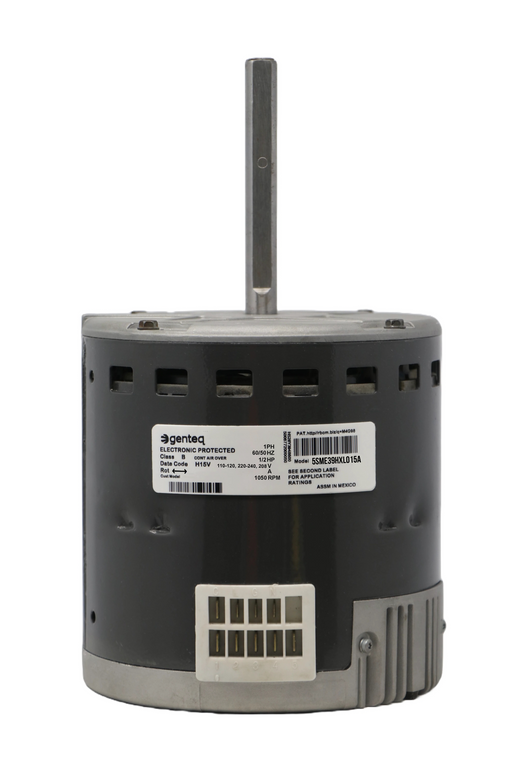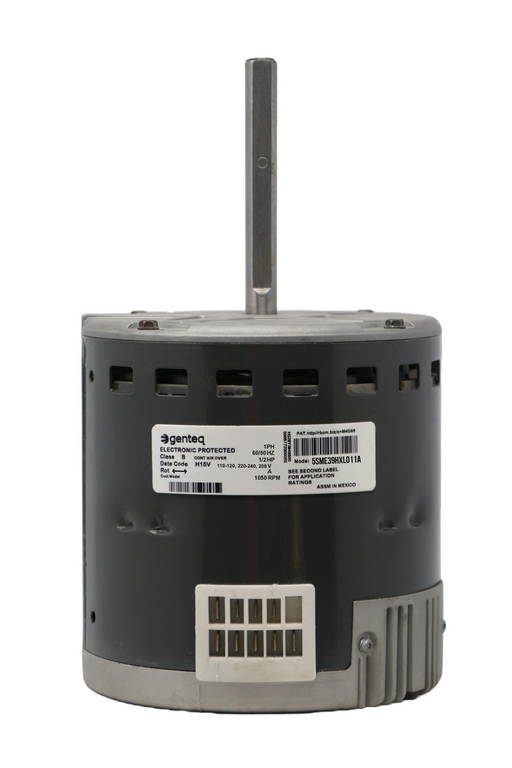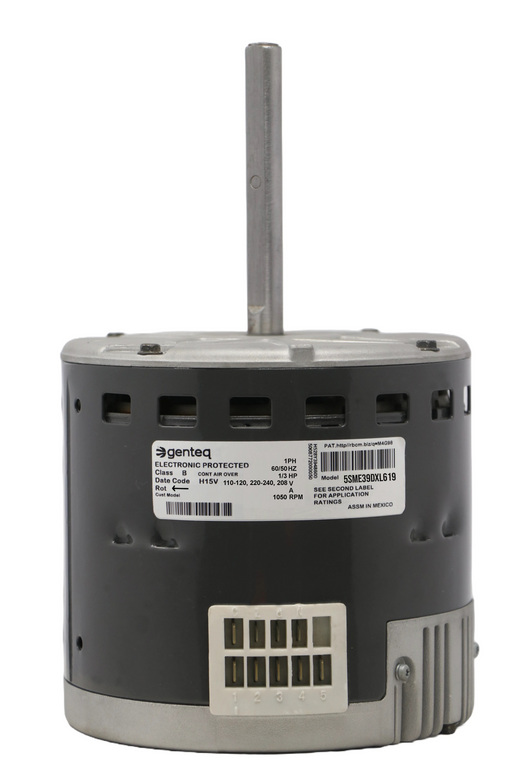(813) 440-8108

Do You Need a Permit for HVAC Replacement?
Yes, in most cases, you do need a permit to replace an HVAC system.
Permit requirements vary by location, but many cities and counties require one for HVAC system replacements, especially when the project involves electrical work, duct modifications, or changes to the system's capacity. Failing to get a permit can lead to fines, failed inspections, and issues with insurance or home resale.
Now, let’s break down when a permit is required, why it matters, and how to obtain one.
Why Is a Permit Necessary for HVAC Replacement?
Permits serve as a regulatory measure to ensure that HVAC installations adhere to established safety and quality standards. They provide a framework for inspections and approvals that safeguard homeowners from potential hazards associated with improper installations.
Ensuring Code Compliance
Building codes are designed to maintain safety and efficiency in residential structures. An HVAC system interacts with various elements of your home, including electrical wiring, gas lines, and ventilation pathways. A permit ensures that the replacement aligns with current codes, reducing risks such as electrical fires, gas leaks, or inefficient system performance.
Protecting Your Investment
Installing a new HVAC system is a substantial financial commitment. Obtaining a permit ensures that the installation is performed correctly by qualified professionals, which can prevent costly repairs down the line. Moreover, a permitted installation is often a prerequisite for manufacturer warranties, providing an additional layer of financial protection.
Legal and Insurance Implications
Skipping the permit process can lead to legal complications, including fines and mandated removal of the unpermitted work. Additionally, unpermitted installations may not be covered by homeowner's insurance policies, leaving you vulnerable in the event of system malfunctions or related damages.
👉🏻 How to Start an HVAC Business: A Comprehensive Guide
When Is a Permit Required?
While regulations can vary by jurisdiction, permits are generally required for:
-
Installing a New HVAC System: Introducing a new heating or cooling system to your home.
-
Replacing an Existing System: Swapping out old equipment for new units, especially if modifications to existing structures are needed.
-
Altering Ductwork: Making significant changes to the ventilation pathways within your home.
-
Upgrading System Components: Enhancing parts of the system that affect its performance or safety, such as adding a heat pump or changing fuel types.
Minor repairs or routine maintenance typically do not require a permit, but it's essential to consult with local building authorities or a licensed HVAC contractor to determine specific requirements in your area.
👉🏻 Is HVAC Hard to Learn? A Complete Guide to Getting Started
Motor de soplador Genteq 5SME39HXL015A ECM X13 1/2 HP
Motor remanufacturado por United HVAC Motors Garantía de reemplazo de 2 años (se aplican términos) Plug n Play - 100% programado...
Ver todos los detalles5SME39HXL011A Motor de soplador Genteq ECM X13 1/2 HP
Motor remanufacturado por United HVAC Motors Garantía de reemplazo de 2 años (se aplican términos) Plug n Play - 100% programado...
Ver todos los detalles
The Permit Acquisition Process
Navigating the permit process can seem daunting, but understanding the steps involved can simplify the experience.
Consultation with a Licensed HVAC Contractor
Engaging a licensed professional is advisable, as they are familiar with local codes and the permitting process. Many contractors will handle the permit application on your behalf, ensuring all paperwork and procedural requirements are met.
Application Submission
The application typically requires detailed information about the proposed work, including system specifications and installation plans. This documentation helps building officials assess compliance with relevant codes and standards.
Inspection and Approval
Once the installation is complete, an inspection by a building official is usually required to verify that the work adheres to code requirements. Upon approval, the permit is finalized, and the installation is officially recognized as compliant.
Risks of Skipping the Permit
Foregoing the permit process can lead to several adverse outcomes:
-
Safety Hazards: Improper installations increase the risk of fires, gas leaks, and system failures.
-
Financial Penalties: Unpermitted work can result in fines and additional costs to rectify non-compliant installations.
-
Complications in Property Transactions: Unpermitted modifications can hinder the sale of your property, as they may not meet buyer or lender requirements.
-
Voided Warranties and Insurance Claims: Manufacturers and insurance companies may refuse coverage for systems installed without proper permits.
👉🏻 How to Replace HVAC Blower Motor
Conclusion
Securing a permit for your HVAC replacement is a critical step that ensures safety, legal compliance, and the longevity of your investment. By working with licensed professionals and adhering to local regulations, you can enjoy the benefits of a well-installed HVAC system with peace of mind.
If you're planning an HVAC replacement, consult with a qualified contractor to navigate the permitting process effectively and ensure your project meets all necessary standards.
Motor de soplador Genteq 5SME39DXL619 ECM X13 1/3 HP
Motor remanufacturado por United HVAC Motors Garantía de reemplazo de 2 años (se aplican términos) Plug n Play - 100% programado...
Ver todos los detallesMotor de soplador Genteq 5SME39SXL224 ECM X13 1 HP
Motor remanufacturado por United HVAC Motors Garantía de reemplazo de 2 años (se aplican términos) Plug n Play - 100% programado...
Ver todos los detalles





